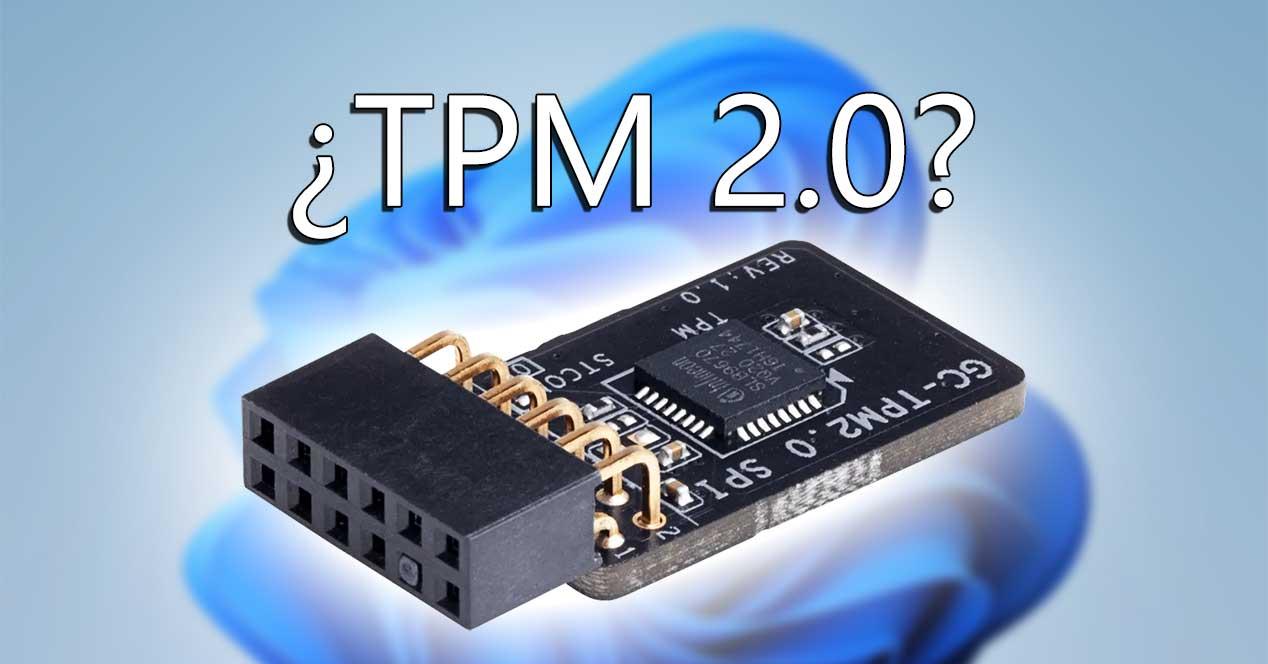
It's quite a miserable list if you ask me. If Microsoft really keeps that many people from upgrading, they might create another Windows Vista situation where only a minority will be using the OS (especially in many 3rd world countries where technology is still catching up - Dell still sells 8th gen laptops as their flagship devices in Brazil, for God's sake, so you can imagine that 4th, 5th, and 6th gen intel processors are a majority here). There's no reason a 6th or 7th gen Intel CPU is not capable of running Windows 11. What concerns me the most is the list of supported processors. There's a chance that people will be able to get Windows 11 to run on devices with older TPM 1.2 chips, though we're waiting for more clarity on the situation. It's worth noting that the soft floor and hard floor minimum requirements (opens in new tab) are different for Windows 11. With Windows 11, some PCs may be left behind because of TPM, and it's causing a lot of confusion The blog post is an interesting read for security professionals and those worried about device security, but for many people, the main takeaway is that TPM 2.0 isn't a Windows 11 requirement for an arbitrary reason.

Windows 11 also supports virtualization-based security, hypervisor-protected code integrity, Secure Boot built-in, and hardware-enforce stack protection for supported hardware from Intel and AMD. Weston also highlights that Windows 11 has out-of-the-box support for Microsoft Azure Attestation (opens in new tab), which lets people enforce Zero Trust policies with supported mobile device managements. Source: Windows Central (Image credit: Source: Windows Central)


 0 kommentar(er)
0 kommentar(er)
